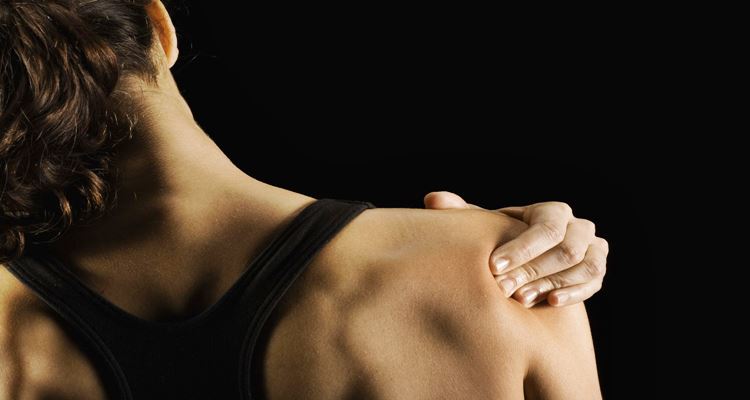What are the different muscle disorders? Find out here!
MUSCLE DISORDERS – Our muscles help us move and work and lots of problems can affect muscles and here are disorders our muscles can get.
We have different types of muscles and they have different jobs. They keep the body freely moving and strong. We enjoy playing sports, dancing, walking the dog, swimming, and other fun activities because of our muscles.
This is the reason why healthy muscles matter – we can do activities that we want. Each muscle type has its own specific functions.
Certain activities when done excessively might cause sore muscles and injuries. In other cases, it can become strained. And diseases and disorders can also affect this which may cause weakness, pain, or even paralysis.

These disorders may be caused by several factors such as sprain, strains, genetics, some cancers, inflammation, nerve diseases, infections, and certain medicines.
The most common types are:
- Myopathies (like Polymyositis, Dermatomyositis, Duchenne Muscular Dystrophy, and Steroid-Induced myopathy)
- Cramp (the prolonged involuntary contraction of skeletal muscles that occurs painfully)
- Fibrositis (inflammation of fibrous connective tissues)
- Myasthenia Gravis (a relatively rare autoimmune disorder that affects the neuromuscular junction)
- Rhabdomyolysis (a serious and life-threatening caused by muscle injury)
- Cardiac Myopathy (a disease affecting the heart)
- Amyotrophic Lateral Sclerosis (a neurological disorder)
- Sarcopenia (causes muscle mass loss and muscle strength loss)
One can be diagnosed with a muscle disorder through one or more tests like electromyography, blood test, muscle biopsy, genetic analysis, MRI, and muscle ultrasound according to a post from Physiopedia.
Diseases of the muscle may come with symptoms like the following:
- muscle pain with breathing issues
- dizziness
- muscle weakness
- high fever
- stiff neck
- muscle loss
- problems in movement and balance
- numbness, tingling, or painful sensations
- double vision
- droopy eyelids
- dysphagia
- breathing troubles
READ ALSO:
What can you say about this? Let us know!
